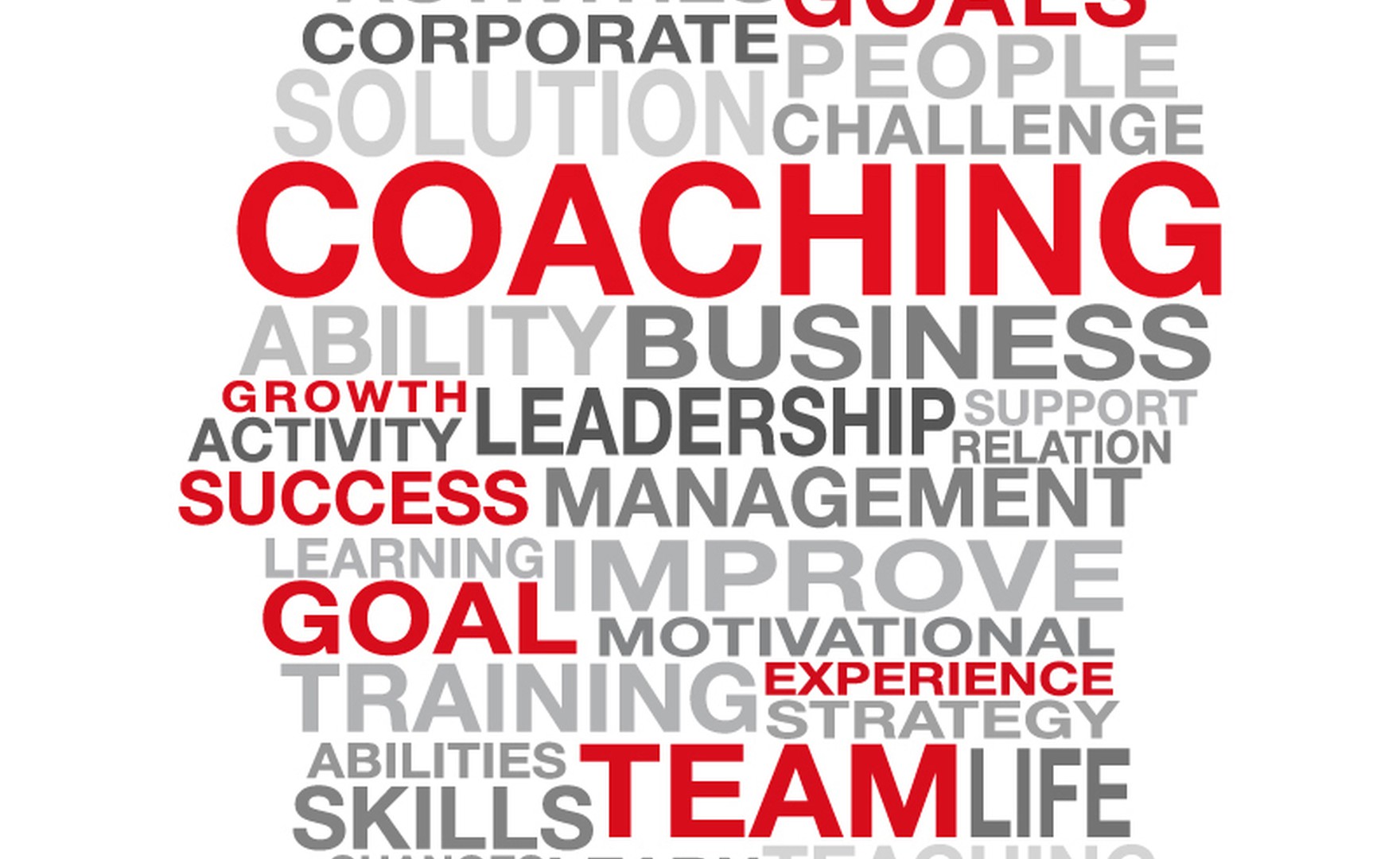The AoEC’s consultancy services are offered to organisations and feature a portfolio of tailored coaching based solutions and products that can serve to address a multitude of issues facing both large and small businesses today.

While executive coaching has grown in its recognition as being an effective development tool for personal and professional development, there is still some confusion surrounding what coaching really is and how it can be used. Here we debunk some of the main myths that have evolved around it.
“I’m really glad that you can tell me what I should be doing about my situation.”
Coaching is not the same as mentoring or counselling where you give direction or advice on the best course of action to take. Instead, think of coaching more as having a sat nav system where the coachee is on a journey and developing and growing as a result. The coach’s role is to work with the coachee and be a soundboard as they help provide clarity and support the individual to find their own answers using questioning and listening.
“If you want coaching, something must be wrong and needs fixing.”
Coaching is not just a remedial intervention and only deployed when there are problems to fix. In fact, it is more widely used to help people become better managers, to stretch leadership capacity and to strengthen working relationships within teams and organisations. Coaching is there to help maximise the potential of your people and can benefit everyone from an intern right up to the CEO. Coaches are there to empower your workforce and can help to expand your self-awareness, build self-confidence, stretch your skills, bolster resistance, prepare your people for change and facilitate critical thinking.
“Anyone can be a coach.”
There are lots of great coaches who have held senior leadership roles in business, who have worked in HR and who have led teams, but coaching and managing are not the same thing. The number one concern expressed by coaching practitioners in the ICF’s recent Global Coaching Study, was “untrained individuals who call themselves coaches” by the industry’s professional bodies. So, just like any other profession, you need the training, practice and experience before you can say genuinely that you are a coach and a good one at that.
“If you ever need to talk, I’m a great listener.”
Active listening is one of the most important qualities and skills an executive coach has. Showing that you are fully invested in your coachee is core to a successful coaching outcome. It’s not a case of simply listening to the coachee offload, but is concerned with reading their body language, hearing and thinking about the language they are using and giving them the time they need to be able to express their feelings, emotions, fears and hopes and reflect on what it means.
“Coaching is for the elite.”
Once upon a time, coaching was the preserve of the elite and would not be offered to anyone outside of the C-Suite. Now, it is common practice for executive coaching to be made available to everyone, regardless of rank, in the business who might actively benefit from it in the workplace. Coaching is accepted as a powerful development tool and can be used to support new starters as part of the onboarding process, develop junior but high potential employees, and even ease the return to work of those who have been on extended maternity or paternity leave.
If you would like to discover more about coaching and training as a coach, do come along to one of our free upcoming virtual open events or webinars.
Article
Is organisational culture the next frontier in investment? Embracing a coaching culture could be the answer!
21st October 2024 by Lee Robertson
Organisational culture has long been acknowledged as a critical factor in business success, but according to the recent report from…
Interview
In conversation with Shruti Sonthalia
21st October 2024 by Lee Robertson
Shruti Sonthalia is a Master Certified Coach (ICF) with extensive experience working with C-Suite and senior leaders across industries including…
Article
The story book roots of effective coaching conversations
21st October 2024 by Karen Smart
“Are you sitting comfortably?” … “Then I’ll begin” … “Once upon a time, there was …” Insert the main character,…